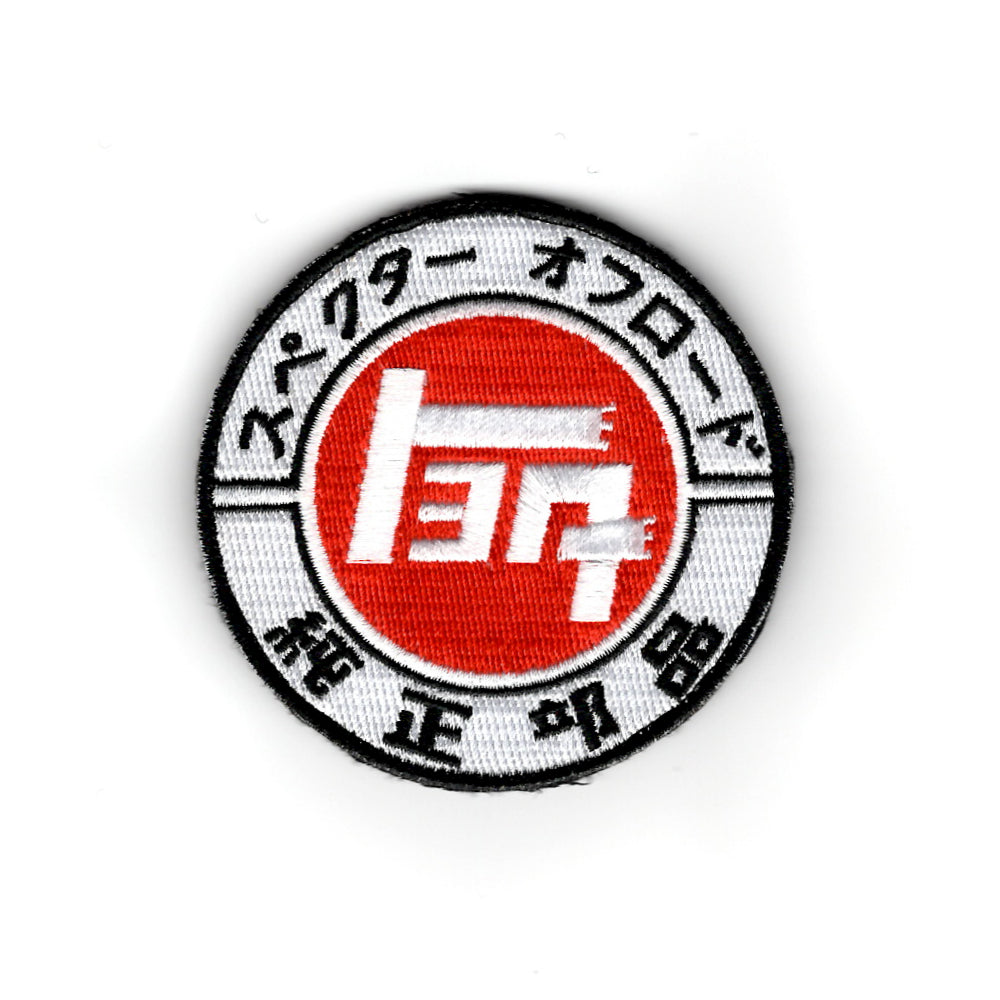When contemplating American-made automobiles, one might ponder: “Is Toyota made in America?” It seems like a straightforward inquiry, yet the answer unveils an intricate tapestry of manufacturing, globalization, and brand allegiance. Let’s embark on this exploration to dissect the origins of Toyota vehicles and examine whether they can truly be classified as American.
To adequately comprehend the complexities surrounding Toyota’s manufacturing roots in the United States, one first must delve into the company’s history. Founded in 1937, Toyota Motor Corporation rapidly ascended to prominence as a leader in the automotive sector, with its innovative production techniques and emphasis on quality control. The company introduced the famous Toyota Production System, which revolutionized manufacturing efficiency and quality. Despite its Japanese origins, Toyota has established a formidable presence in various international markets, including the U.S.
In the early 1980s, the automotive landscape in America was rife with challenges. Domestic manufacturers grappled with economic instability and fierce competition from imports. Seizing this opportunity, Toyota commenced operations in the U.S. with the establishment of its first manufacturing plant in Fremont, California, in 1984—a joint venture with General Motors called New United Motor Manufacturing, Inc. (NUMMI). This partnership not only symbolized Toyota’s commitment to the American market but also served as a fruitful experiment that combined Japanese manufacturing techniques with American workforce dynamics.
Fast forward to the present day, and Toyota’s U.S. manufacturing domain has expanded significantly. The company operates numerous plants across the country, with major facilities in Kentucky, Texas, and Indiana. These plants produce various models, including the popular Camry, the RAV4, and the Highlander. As production increases, so too does the workforce. Toyota employs tens of thousands of Americans, thus contributing to the local economies of these regions. In this light, is it fair to label Toyota as an American manufacturer?
Moreover, the complexity of automobile manufacturing in today’s globalized world gives rise to an additional question. Consider the supply chain—the backbone of automotive production. Components for vehicles are sourced from a myriad of countries. For instance, while a car may be assembled in Indiana, parts may originate in Japan, South Korea, or even Europe. This intricate network raises eyebrows regarding the authenticity of an automobile’s provenance. When one sees a Toyota badge, are they really purchasing an American vehicle, or does the global supply chain shift the narrative?
Another critical aspect worth investigating is the economic implications of Toyota’s American operations. The establishment of manufacturing plants has undeniably fostered job creation and technological transfer. American workers have gained access to training and expertise derived from Toyota’s renowned production methodologies. While it may be enticing for consumers to gravitate toward brands that boast 100% American manufacturing, the reality is that global collaboration often breeds innovation and efficiency that benefits the end user.
While some may argue that a vehicle’s origin should primarily hinge on where the final assembly occurs, others contend that true American identity lies deeper. There’s a sense of patriotism among car enthusiasts and consumers who wish to support local industries. This sentiment evokes yet another playful contemplation: does purchasing a Toyota manufactured in the U.S. make you a patriot, or does it align you with a global brand? What loyalty do you owe to the mechanics of production when at the end of the day, you’re enjoying a reliable vehicle?
Additionally, governments often employ various metrics to measure and define “American-made.” The American Automobile Labeling Act mandates that vehicles display information about their American content. However, these labels can often create confusion, leading some consumers to misinterpret what it means for a car to be ‘Made in America’. The percentages of American components versus foreign ones can be nuanced, prompting one to ask—as the saying goes—“What does it really mean?”
In the contemporary market, the competition among manufacturers is not just fierce; it’s infinitely complex. As Toyota continues its investment in American facilities, it embodies a blend of global innovation and localized employment. This positioning creates a duality of identity that appeals to both national pride and practical consumerism. The crux of the matter lies not only in the assembly point, but in the holistic contribution to the American economy and the automotive renaissance.
As the automotive industry continues to evolve, particularly with the burgeoning interest in electric vehicles, Toyota’s strategies will likely reflect a hybrid approach. In light of societal shifts towards sustainability, which vehicles will ultimately be considered ‘American’? This question lingers, suspended in a landscape of constant change. With Tesla and other electric manufacturers fostering local production, how will traditional mechanics like Toyota maintain relevance in our definition of American-made? Only time will tell.
In closing, while Toyota’s origins can be traced to Japan, its extensive operations and manufacturing plants situated in America weave a complex narrative that challenges the assumptions surrounding its identity. Hence, one can reasonably conclude that Toyota’s entwinement with the American fabric is substantial, albeit nuanced. So the next time you see a Toyota cruising down the highway, you might just chuckle to yourself and consider: “Is that an American car?” The answer may just depend on who you ask!
